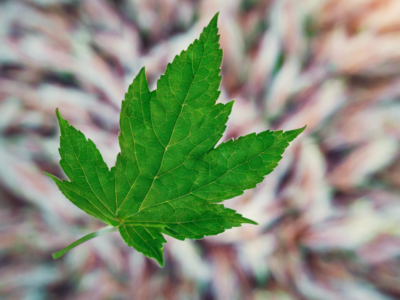Ajwain, known as carom seeds in English, is a popular spice that finds its way into many Indian kitchens. With its unique flavor profile and numerous health benefits, Ajwain adds a distinct taste to dishes while also aiding in digestion and providing relief from various ailments. In this comprehensive guide, we will delve into the various aspects of Ajwain including its origins, culinary uses, health benefits, and common misconceptions.
Origins and Cultivation
Ajwain, scientifically known as Trachyspermum ammi, is native to the Indian subcontinent and is cultivated in countries like India, Iran, Egypt, and Afghanistan. The plant is characterized by small oval-shaped seeds that are light brown in color and have a pungent aroma when crushed or chewed. Ajwain plants require a dry climate and well-drained soil to thrive, making them well-suited to the arid regions where they are typically grown.
Culinary Uses
Ajwain seeds are a staple in Indian cooking, particularly in dishes from the North and West regions. They are often used in tadkas (tempering) for lentil curries, vegetable dishes, and flatbreads like parathas. The seeds are dry-roasted or fried in ghee or oil before being added to the dishes, which helps release their essential oils and enhances their flavor. Ajwain is also used in pickles, snacks, and savory pastries to add a distinct pungency and aroma.
Ajwain Recipes:
- Ajwain Paratha: A type of Indian flatbread flavored with ajwain seeds and served with yogurt or pickles.
- Ajwain Kadhi: A yogurt-based curry tempered with ajwain seeds and other spices like cumin and mustard seeds.
- Ajwain Potatoes: Pan-fried potatoes seasoned with ajwain seeds, turmeric, and chili powder.
Health Benefits
Apart from its culinary uses, Ajwain is also valued for its many health benefits. The seeds are rich in essential oils like thymol, which exhibits antibacterial and antifungal properties. Here are some of the key health benefits of Ajwain:
- Digestive Aid: Ajwain is known for its carminative properties, which help in relieving indigestion, flatulence, and bloating. Consuming a mixture of ajwain seeds and black salt with warm water after meals is a common practice in Indian households.
- Respiratory Health: The anti-inflammatory properties of Ajwain make it beneficial for respiratory issues like asthma, bronchitis, and cough. Inhaling the steam of boiling water with ajwain seeds can help clear nasal congestion.
- Pain Relief: Ajwain seeds are often used topically in oil form to alleviate joint and muscle pain. Massaging the affected areas with warmed ajwain oil can provide relief from arthritis and rheumatic pain.
Common Misconceptions
Despite its popularity, there are some misconceptions surrounding Ajwain that warrant clarification:
- Weight Loss: While Ajwain is believed to aid in digestion and metabolism, it is not a magic potion for weight loss. It can support a healthy diet and lifestyle but cannot lead to significant weight loss on its own.
- Pregnancy: There is a common belief that Ajwain should be avoided during pregnancy due to its heating properties. However, when consumed in moderation as a spice in cooking, Ajwain is generally considered safe for pregnant women.
Frequently Asked Questions (FAQs)
1. Can Ajwain seeds be consumed raw?
While Ajwain seeds can be consumed raw in small quantities, they are usually dry-roasted or fried before use in cooking to enhance their flavor and aroma.
2. Is Ajwain the same as bishops weed?
Ajwain is often confused with bishops weed (Carom Seeds) due to their similar appearance and aroma. However, they are two distinct spices with different flavor profiles.
3. How should Ajwain seeds be stored?
To maintain their freshness and flavor, Ajwain seeds should be stored in an airtight container in a cool, dark place away from sunlight and moisture.
4. Can Ajwain help with menstrual cramps?
The carminative properties of Ajwain make it beneficial for relieving menstrual cramps. Drinking Ajwain tea or water infused with ajwain seeds can provide relief.
5. Are there any side effects of consuming Ajwain?
While Ajwain is generally safe for consumption in culinary amounts, excessive intake can lead to gastrointestinal issues like acid reflux or heartburn in some individuals. It is advisable to consume Ajwain in moderation.
In conclusion, Ajwain is not just a spice but a versatile ingredient that adds flavor and health benefits to a variety of dishes. Whether used in cooking or for its medicinal properties, Ajwain continues to be a beloved component of Indian cuisine and traditional medicine. Incorporating Ajwain into your diet can not only enhance the taste of your meals but also contribute to your overall well-being.









